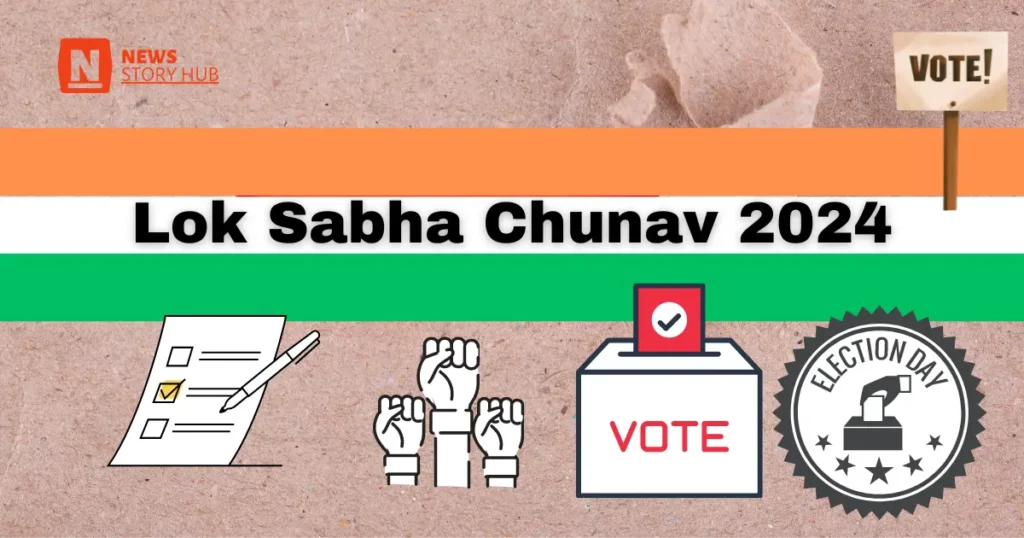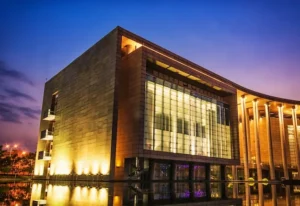Supreme Court Rejects Manish Sisodia Bail in Delhi Excise Policy Scam | 2023
On October 30, the Supreme Court denied bail to Manish Sisodia, the former Deputy Chief Minister of Delhi. He is currently facing charges of money laundering and corruption in connection with purported irregularities in the formulation and execution of a defunct liquor policy in the national capital. The leader of the Aam Aadmi Party (AAP) has been held in custody since February this year and is under investigation by both the Central Bureau of Investigation (CBI) and the Directorate of Enforcement (ED).
The decision was rendered by a panel comprising Justices Sanjiv Khanna and SVN Bhatti, who presided over Sisodia’s appeals challenging the denial of bail by the Delhi High Court in both the CBI and ED cases. The highest court had taken note of his petitions in July and subsequently reserved judgment earlier this month.
Justice Khanna stated during the pronouncement of the order, “Certain legal questions have been addressed, albeit in a limited scope. In our analysis, there are certain facets that we find questionable. However, one aspect, concerning the transfer of Rs 338 crores, appears to be tentatively established. Therefore, we have rejected the bail application.”
He went on to add, “While we are denying the bail application, we want to make a specific observation that assurance has been given that the trial will be concluded within six to eight months. If, within three months, there is any indication of sluggish or delayed progress in the trial, he will have the right to file a bail application.”
During recent oral arguments, Singhvi, representing the legislator in question, emphasized that there is no direct money trail implicating Sisodia, who currently serves as a legislative assembly member and previously held the position of Delhi Deputy Chief Minister. He argued that there is no evidence linking Sisodia to the independent offense of money laundering as outlined in Section 3 of the Prevention of Money Laundering Act, 2002.
Regarding the liquor policy dispute, Singhvi contended that the new policy, a collective institutional decision, was designed to disrupt the prevalent cartelization among private manufacturers, ultimately resulting in increased revenues and curbing unreasonable and excessive profits earned by wholesalers. Additionally, the senior counsel underscored Sisodia’s low flight risk and his inability to influence witnesses, supporting the claim that the criteria for granting bail have been met.
During the hearing, the Supreme Court raised various points, including a query about the absence of the political party allegedly benefiting from the purported excise policy irregularities. The court clarified that this question was solely a legal matter concerning the potential liability of suspected co-conspirators.
This led to a surge in media speculation suggesting that the Aam Aadmi Party might be implicated as one of the accused in the case. When pressed for a statement, Additional Solicitor-General SV Raju firmly stated that no one would be exempt from investigation if evidence of wrongdoing was uncovered by the central agencies.
Throughout the extensive hearing, the court posed several other crucial inquiries to the agencies regarding their investigations into Sisodia’s alleged involvement in the financial improprieties associated with the formulation and execution of the Delhi liquor policy.




